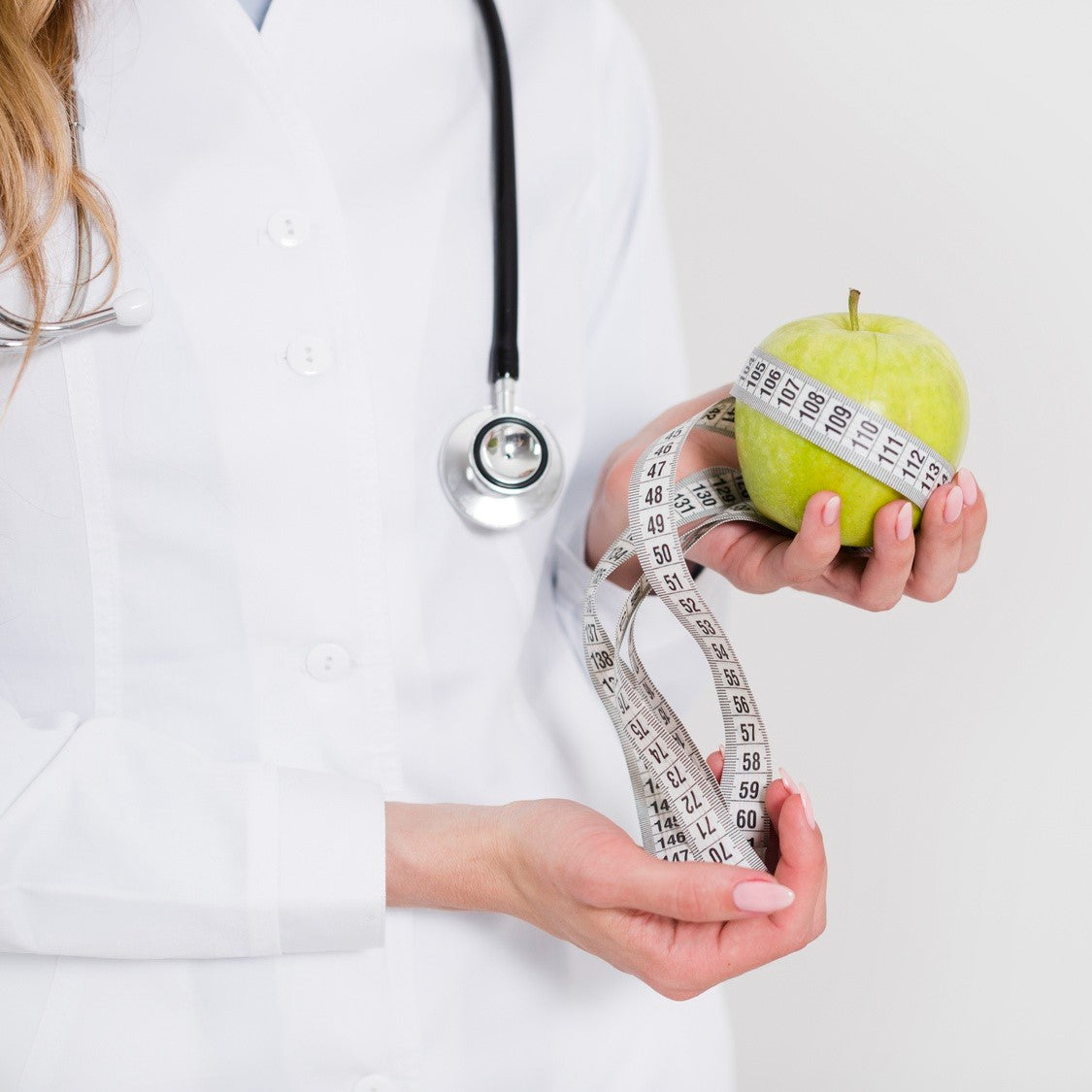How Common is it?
of Indian men over 50 experience some degree of diabetes
of Indian women over 45 are affected with diabetes
of diabetic Indians are not even aware of their current condition
of Indians with diagnosed diabetes seek diabetes treatment
Want to find out more? We worked with our doctors to create this Ultimate Guide to DR
×
Diabetes Reversal: Understanding the Causes, Symptoms, and Treatment
Diabetes is a chronic condition that affects millions worldwide. Understanding the mechanisms of diabetes and exploring effective strategies can help in its management and potential reversal.What is Diabetes Reversal?
Diabetes reversal refers to achieving normal blood sugar levels without the need for medication. This is most commonly discussed in relation to Type 2 diabetes, where lifestyle modifications can lead to improved insulin sensitivity and blood sugar control. While diabetes may not be "cured," individuals can achieve significant improvements in their condition through various strategies.Types of Diabetes
There are several types of diabetes, each with different underlying causes:Type 1 Diabetes:
An autoimmune condition where the body attacks insulin-producing cells in the pancreas, leading to high blood sugar levels.Type 2 Diabetes:
The most common form, characterized by insulin resistance and often linked to lifestyle factors such as obesity and inactivity.How Common is Diabetes?
According to the International Diabetes Federation, approximately 537 million adults are living with diabetes worldwide, with Type 2 diabetes accounting for the majority of cases.Causes of Diabetes
Several factors can contribute to the development of diabetes, including:- Genetics: Family history of diabetes increases the risk.
- Obesity: Excess body weight can lead to insulin resistance.
- Sedentary lifestyle: Lack of physical activity can exacerbate the risk.
- Unhealthy diet: High intake of processed foods and sugars can contribute to diabetes development.
- Hormonal changes: Conditions such as polycystic ovary syndrome (PCOS) can increase the risk.
Symptoms and Complications Associated with Diabetes
Common symptoms of diabetes include:- Increased thirst and frequent urination.
- Extreme hunger or fatigue.
- Blurred vision.
- Slow healing of cuts or wounds.
Diabetes Diagnosis
Diagnosing diabetes typically involves blood tests to assess glucose levels. Common tests include:- Fasting blood sugar test.
- Oral glucose tolerance test.
- Hemoglobin A1c test to measure average blood sugar levels over time.
Treatment for Diabetes Reversal
While medication is often necessary, certain lifestyle changes can significantly improve blood sugar levels and aid in diabetes reversal: Dietary Changes: Adopting a whole-food, plant-based diet rich in fiber and low in refined sugars can improve insulin sensitivity. Regular Exercise: Engaging in regular physical activity helps to lower blood sugar levels and improve overall health. Weight Loss: Losing excess weight can greatly enhance insulin sensitivity and improve blood sugar control. Stress Management: Practicing stress-reducing techniques such as mindfulness and meditation can positively affect blood sugar levels.Prevention of Diabetes
Preventing diabetes involves making healthy lifestyle choices:- Maintain a healthy weight through diet and exercise.
- Eat a balanced diet rich in whole foods, fruits, and vegetables.
- Stay physically active to reduce the risk of insulin resistance.
- Regular health check-ups to monitor blood sugar levels.





